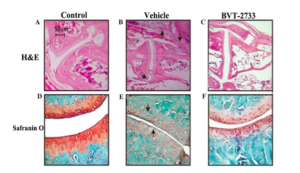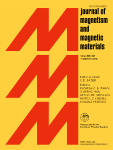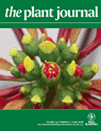 A former cancer researcher has falsified data in 11 studies, according to the results of a investigation scheduled to be published in the Federal Register tomorrow.
A former cancer researcher has falsified data in 11 studies, according to the results of a investigation scheduled to be published in the Federal Register tomorrow.
The Office of Research Integrity’s findings are based on an inquiry at Virginia Commonwealth University, where Girija Dasmahapatra worked until July of this year, investigating possible therapies for cancer. The misconduct affected research funded by three grants from the National Institutes of Health. Steven Grant, a researcher at VCU, is the principal investigator on the grants, each of which total over $2 million in funding. All of the 11 affected papers will be corrected or retracted, according to the ORI notice.
Two of the papers containing “falsified and/or fabricated” data — a study on an experimental combination of drugs for blood cancer and one on chemotherapies for rare forms of lymphoma — were covered in press releases by VCU.
According to the notice in the Federal Register:
Continue reading Cancer researcher contributed “false data” to 11 studies







